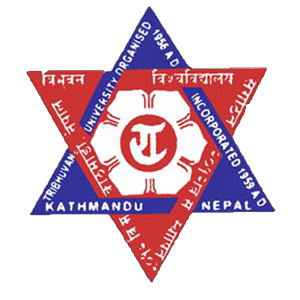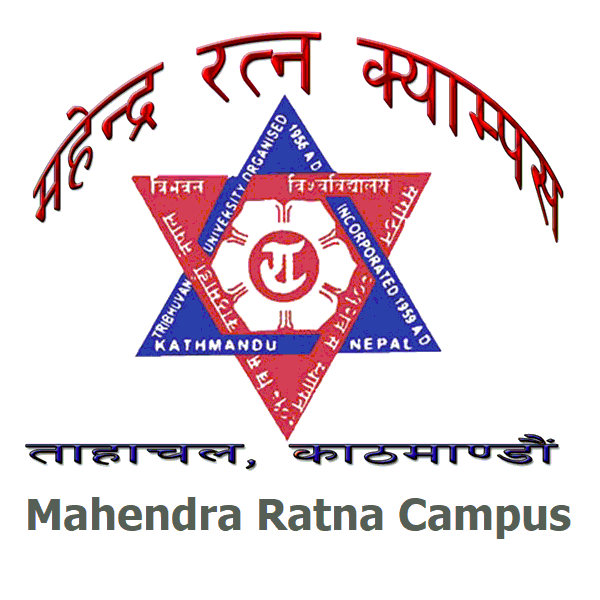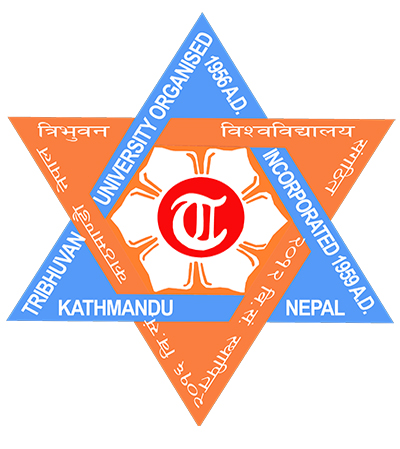Overview
National Police Academy (NPA), Maharajgunj, Kathmandu, Nepal, established in 1993 AD, is the apex training institution of Nepal Police. It prepares newly appointed officers and upskills serving personnel through foundation and advanced courses.
NPA shapes professional standards for police officers in Nepal. Training at the Academy links classroom learning with field practice, focusing on lawful conduct, public service, human rights, and evidence-based policing. The Academy’s work aligns with national laws, policing directives, and higher education standards through academic affiliation for credit-bearing studies.
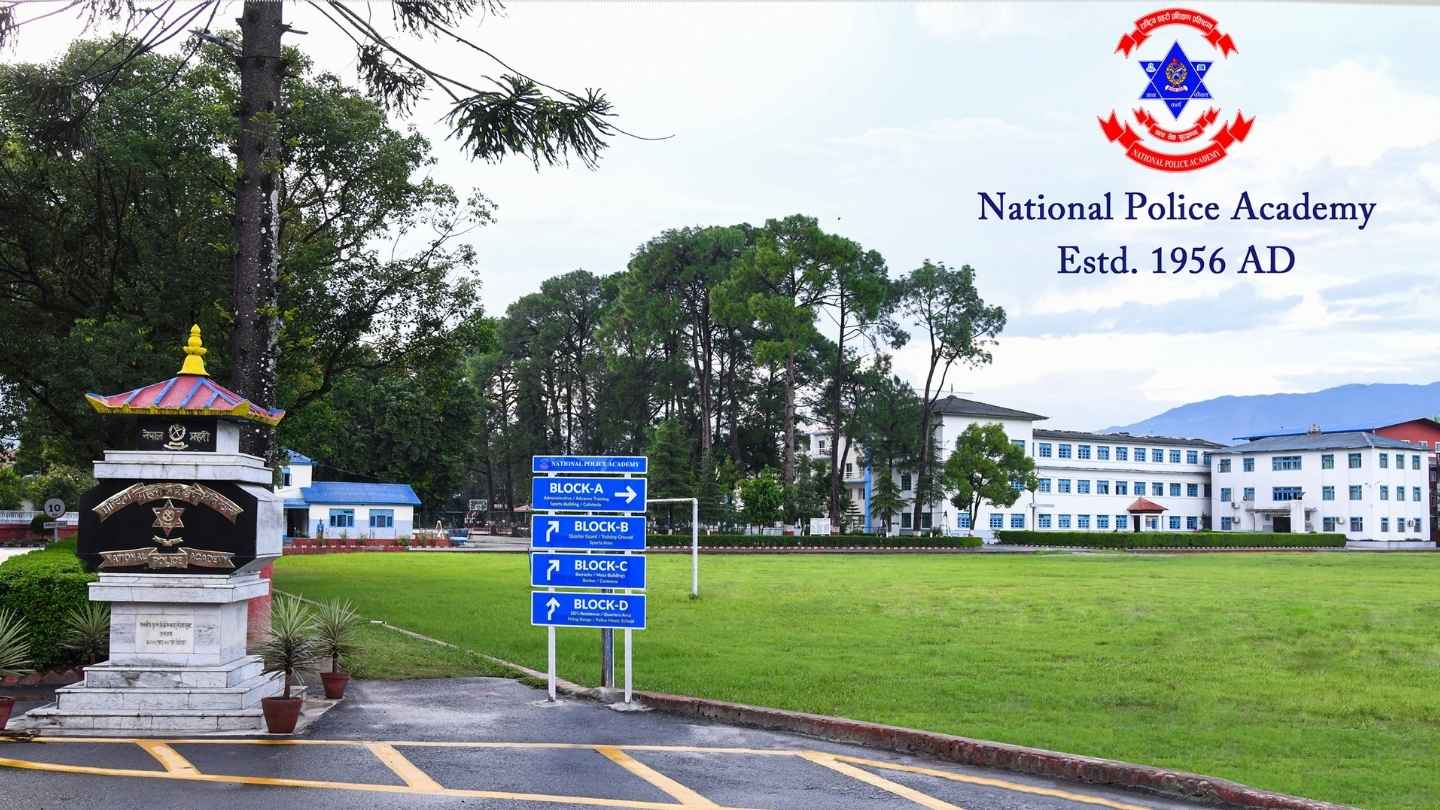
Quick Highlights
-
Institution type: National police training academy under Nepal Police
-
Primary role: Foundation training for newly appointed inspectors and advanced courses for serving officers
-
Academic Program: Post Graduate Diploma in Police Science (PGDPS) affiliated with Tribhuvan University (TU)
-
Training model: Classroom instruction, scenario-based exercises, field attachment, physical conditioning, and assessments
-
Focus areas: Law and procedure, leadership and management, investigation, community engagement, public safety, and ethics
-
Learner profile: Newly appointed officers and selected serving officers nominated by Nepal Police Headquarters
-
Outcomes: Officer readiness for lawful service, supervisory duties, and career progression within Nepal Police
Academic Programs Offered
PGDPS (Post Graduate Diploma in Police Science)
The PGDPS is an academic credit program delivered during Inspector Basic Training through affiliation with Tribhuvan University. It supports officers in building conceptual and practical knowledge for policing in Nepal. The syllabus typically spans public affairs, police administration, operations, security, legal systems, research methods, crime management, investigation, forensic basics, and management studies.
Learning includes lectures, seminars, case analysis, field tasks, report writing, and supervised research or projects. The credit framework allows officers to gain an academic qualification recognized within Nepal’s higher-education system while meeting professional standards for police service.
Inspector Basic Training (Foundation Course)
Newly appointed inspectors complete a structured foundation program that orients them to Nepal Police values, chain of command, law and procedure, command responsibilities, and core operational skills. Components usually include:
-
Criminal law, constitutional rights, and procedural justice
-
Crime scene management and evidence handling
-
Interviewing and statement recording
-
Patrol and public order duties
-
Traffic, VIP protection basics, and event security planning
-
Physical conditioning, drill, and marksmanship under strict safety rules
-
Rights-based policing, with emphasis on vulnerable groups and community relations
Advanced and Specialized Courses
Serving officers join short or extended modules based on nomination and rank needs. Typical areas:
-
Leadership and supervision for mid-level commands
-
Investigation management and case review
-
Community-oriented policing and problem-solving methods
-
Security management and emergency response coordination
-
Trainer development for future instructors
-
Workshops, seminars, and short courses on current policing issues
Admission Process
NPA does not recruit the general public directly. Entry follows Nepal Police recruitment processes and internal nominations.
-
Officer selection: Nepal Police conducts recruitment and selection under national rules for inspector-level candidates.
-
Appointment: Successful candidates are appointed as probationary inspectors.
-
Enrollment at NPA: Newly appointed inspectors join the Inspector Basic program; those cohorts also follow PGDPS requirements under TU affiliation.
-
Advanced training nominations: Serving officers are nominated by Police Headquarters based on service needs, rank, performance, and career track.
-
Assessment and certification: Progress is evaluated through written tests, practical tasks, physical standards, and conduct review. Academic credits are awarded as per the TU-affiliated PGDPS framework.
Teaching Faculty and Learning Methodology
NPA engages experienced police instructors and subject experts. Instruction blends legal study, management concepts, and field craft. Hallmarks of the methodology:
-
Integrated modules: Law, ethics, and operations taught with direct links to real cases.
-
Scenario-based learning: Simulations for investigation, public order, and crisis management.
-
Research and reflection: Academic tasks promote analysis and accurate record-keeping.
-
Coaching and mentoring: Drill and physical training build discipline; small-group guidance supports leadership growth.
-
Assessment culture: Continuous assessment, periodic exams, practical evaluations, and end-course reviews.
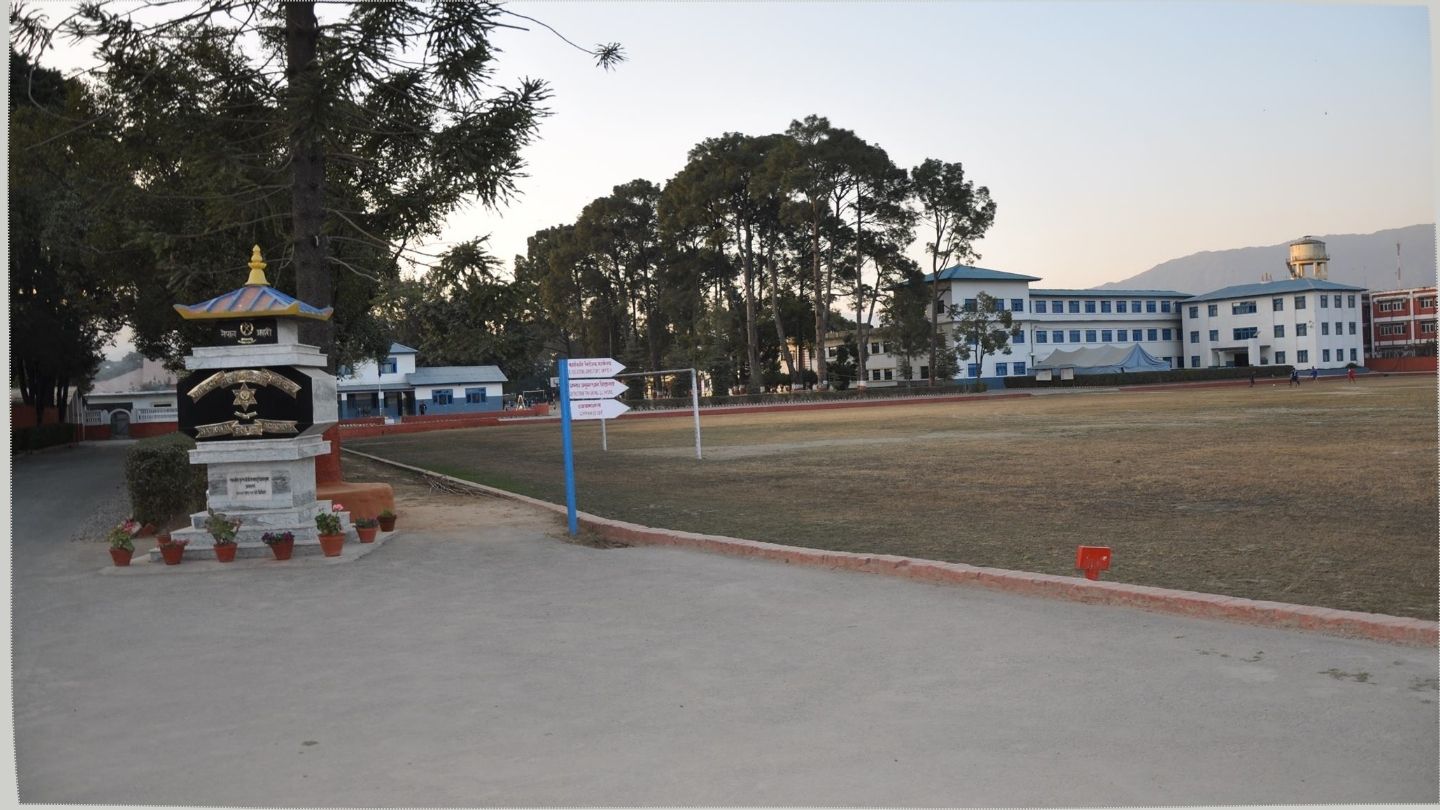
Infrastructure and Learning Facilities
The Academy maintains facilities that support year-round training:
-
Academic spaces: Lecture halls, syndicate rooms, seminar areas, and teaching aids.
-
Practical training grounds: Parade square, obstacle course, and controlled environments for scenario work.
-
Range and safety zones: Supervised firearms training with safety protocols.
-
Library and information services: Reference materials, policy manuals, journals, and research support.
-
ICT support: Computer labs and secure network access for e-learning and documentation.
-
Accommodation and mess: Residential blocks and dining facilities for trainees and staff.
-
Health support: Medical inspection room for minor injuries and fitness checks.
-
Sports and recreation: Indoor and outdoor games, fitness hall, and athletics facilities.
Student Life and Campus Experience
Daily routines promote punctuality, teamwork, and respect for the chain of command. Officers learn to balance academic tasks with drills, physical training, and practical exercises. Cohort learning strengthens peer networks that continue throughout service. Events such as debates, legal moots, fitness meets, and knowledge forums give additional practice in communication and leadership.
Extracurricular Activities (ECA)
ECA complements formal modules:
-
Sports: Football, basketball, volleyball, badminton, and athletics
-
Clubs and forums: Discussion groups on legal topics, ethics, and research methods
-
Drill and ceremony: Events that reinforce discipline and precision
-
Civic engagement: Awareness programs, outreach, or supervised visits related to public safety themes
Scholarships and Financial Support
Trainees are serving personnel or newly appointed officers. Stipends, salary, and allowances follow government rules. Accommodation, meals, and uniforms are typically provided as per Nepal Police provisions. For academic credits under PGDPS, fees and administrative arrangements are coordinated through Nepal Police and the university link, subject to current regulations.
Achievements and Institutional Milestones
Across decades, NPA has prepared multiple generations of officers for duties at local, provincial, and national levels. Alumni serve in investigation, public order, traffic, specialized units, training commands, and senior leadership. The Academy’s credit-bearing linkage with Tribhuvan University has strengthened the academic side of policing studies, adding research literacy and documentation standards to daily practice.
Key Features
-
Integrated professional pathway: Training is aligned with actual duties and ranks within Nepal Police.
-
Academic recognition: PGDPS credits under TU affiliation add academic value to professional learning.
-
Practice-oriented training: Simulations, field tasks, and assessments mirror operational demands.
-
Ethics and public service: Emphasis on lawful conduct, human rights, and community trust.
-
Structured career development: Advanced modules support supervision, investigation oversight, and unit leadership.
Conclusion
NPA’s training system links academic rigor with field realities of policing in Nepal. Through structured learning, disciplined routines, and continuous assessment, the Academy contributes to a professional police service grounded in law, accountability, and community service.
FAQ
1) Who can study at the National Police Academy?
NPA trains newly appointed inspectors and selected serving officers of Nepal Police. It does not enroll the general public.
2) What is the PGDPS?
The Post Graduate Diploma in Police Science is a credit program delivered during Inspector Basic Training under Tribhuvan University affiliation. It combines academic study with professional practice.
3) How long does Inspector Basic Training usually run?
Duration is set by Nepal Police and the Academy. It typically spans several months with academic, practical, and physical components scheduled across the term.
4) How are officers assessed?
Through written exams, practical exercises, scenario performance, physical standards, attendance, and conduct. PGDPS credits are awarded as per university norms.
5) Are accommodation and meals provided?
Residential facilities and mess services are provided according to Nepal Police rules for trainees.
6) Does NPA offer short courses for serving officers?
Yes. Officers may be nominated for leadership, investigation, community engagement, trainer development, and other specialized modules.
7) What are the language and documentation standards?
Instruction and documentation follow Nepal Police and university requirements. Accurate record-keeping, case writing, and report drafting are core skills.
8) How does NPA support research and learning resources?
The Academy maintains a library and ICT facilities, supports seminars, and requires academic tasks under PGDPS, including research methods and applied studies.
9) Is there a community-policing component?
Training includes engagement principles, problem-solving with communities, and ethical standards for daily interactions.
10) How does one get into the PGDPS?
Enrollment is tied to Inspector Basic Training for newly appointed inspectors. Serving officers follow nomination and eligibility rules set by Nepal Police and the Academy.




